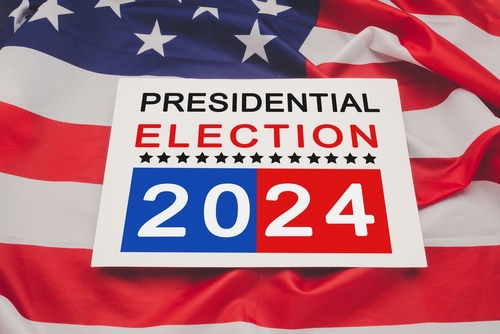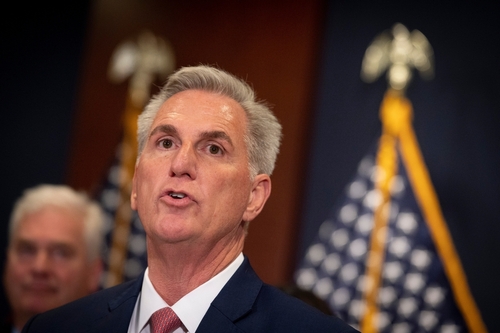Alabama’s proposal to display the Ten Commandments in schools ignites a fiery debate over infringing on religious freedom.
At a Glance
- Alabama is considering bills to display the Ten Commandments in educational institutions.
- This move challenges the First Amendment, prohibiting government-endorsed religion.
- The U.S. Supreme Court has previously ruled against similar initiatives.
- Supporters count on the current conservative Supreme Court for backing.
- The bill is said to honor historical roots, facing criticism of dividing the community.
Alabama’s Bold Step and Its Backlash
Alabama legislators push House Bill 178 and Senate Bill 166, aiming to emblazon the Ten Commandments in classrooms and common areas of public schools and colleges. State Senator Keith Kelley asserts the bill recognizes the nation’s historical foundation. Critics, however, including religious leaders and legal experts, argue it violates the First Amendment by promoting a government-backed religion. This isn’t Alabama’s first stab at manipulating religious doctrine laws, a similar effort fizzled out in Louisiana after facing legal barricades.
Lawmakers wagering on the allegiance of the current conservative-leaning Supreme Court often view this as a chance to reverse previous court decisions. The bills clearly aim to blur the demarcations of the long-upheld separation between church and state, a concern intensifying among Alabama’s diverse populace. Notable Supreme Court cases, like Engel v. Vitale, historically uphold the necessity of this separation. In response, Rep. Anthony Daniels voices concerns about the taxpayer burden arising from predictable litigation costs.
Religious Freedom vs. Historical Acknowledgment
The U.S. prides itself on secular principles and the rights of individuals to worship freely. Justice Hugo Black emphasized this nation’s “wall of separation between Church and State.” Despite these principles, the Alabama State Board of Education pledges to provide the necessary materials for these displays, as voluntary financial backing from community groups lends its support. Proponents like Kelley, however, argue this initiative is more about historical recognition rather than infringing on other religious freedoms or propagating theological ideals.
“wall of separation between Church and State” said Justice Hugo Black.
While showcasing the Ten Commandments may seem harmless, it stirs deep-seated feelings, especially among non-Christian communities. Public institutions bear a responsibility to stay neutral, respecting varied beliefs within their walls. The Rev. Julie Conrady insists such bills stand contrary to religious freedoms, inappropriate in a diverse nation like the U.S., a melting pot of beliefs and traditions.
The Broader Implications
Beyond the religious tug of war, the state’s education system grapples with unaddressed challenges, from poor funding to low teacher salaries. Advocates pushing for this bill potentially divert focus away from systemic issues needing urgent attention. There’s something radically wrong with this scenario when class budgets struggle but funds spring forth for monumental religious declarations. History teaches us to preserve the liberties that define America’s democracy.
“We establish no religion in this country. We command no worship. We mandate no belief, nor will we ever. Church and state are and must remain separate.” said Ronald Reagan.
The eyes of the nation watch closely as Alabama legislators have nine days to decide. As debates echo in legislative halls, one can’t help but resonate with the pressing call to Action: defend democracy from religious entanglement and ensure the assurance of freedom for every citizen.






